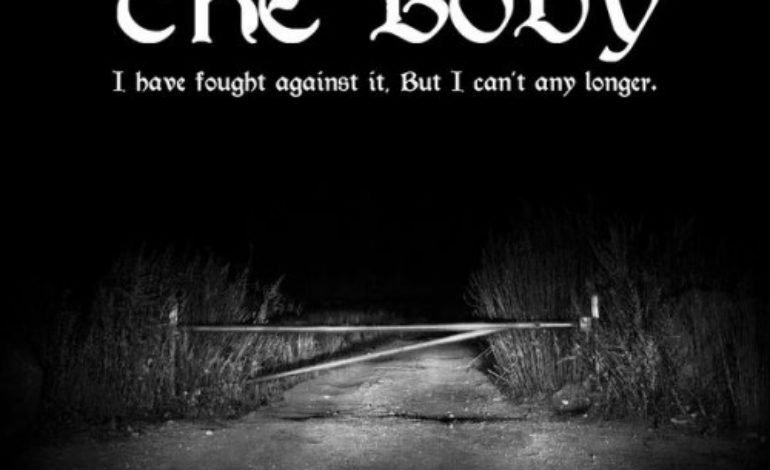

You won’t want to fight this
The Body might as well be called “The Conjuring,” for the feelings Chip King and Lee Buford summon from deep within the listener’s soul. And it all seems like second nature for the Portland duo, each of their individual albums and splits with other artists differentially evoking a sense of eternal dread since 2006. Buford and King have a few unconventional ways of doing this, but with their newest album I Have Fought Against It, But I Can’t Any Longer, their method of production has slightly shifted focus. Instead of the pair taking the typical approach of recording their guitar and drums lines first and working around them, they alternatively decided to build the album up from a foundation of their own harsh samples. What results is an emotionally intrinsic look at torment and sorrow.
For starters, The Body pulled the title for the LP from author Virginia Wolfe’s infamous suicide note, which establishes the record’s bleak context from the get-go. The operatic nature of the first track “The Last Form of Loving” helps set this pace from the start, with melancholic electronic and strings orchestration to help portray it. Frequent collaborator Chrissy Wolpert of the Assembly of Light Choir provides all of the choral notes throughout the album, which is a nice recess from King’s signature screeches and the expressly grating vocal tones of the other contributors.
Like Lingua Ignota’s Kristin Hayter, whose deep and intense screams bring brawn and robustness to tracks like “Nothing Stirs,” which could be considered the best on the album. Hayter is vitriolic with the delivery of her lines, a certain sneer as she belts out, “When your love is gone/What is left/At night a prayer for death,” makes the line linger for a while. Sandworm’s Ben Eberle throws some growls in here and there, but it’s when King and Hayter join forces with Michael Berdan of Uniform that the album’s features really hit their peak.
On “Sickly Heart Of Sand,” the three are almost in a match with one another, throwing vocal possession back and forth like it’s a sport. Musically, it falls into classic The Body territory – technically discordant and dirgey with some melodic twists. One of those twists is the album’s closer. The static introduction of “Ten Times A Day, Every Day, A Stranger” could seem almost misplaced to the untrained ear when followed by an eight-minute long reciting of a passage from Czech author Bohumil Hrabal’s wittingly tragic Too Loud A Solitude. There’s a charm to that tale that’s kept a classic, but with its morose Body spin, it closes the album on the perfect note of sadness.
Much like many other albums by The Body, I Have Fought Against It, But I Can’t Any Longer is yet another example of how the duo’s eccentrically provocative sounds can have resonant effects. It’s beautiful like symphony while still being rough and jarring to the senses, which is all one could ever ask for out of a release from The Body.
